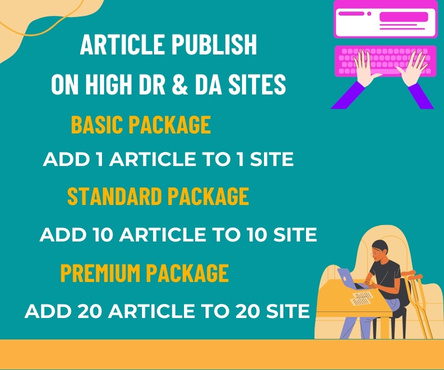Introduction
A solid online presence is critical in the digital age for enterprises, organisations, and individuals alike. A well-designed website acts as a virtual showroom for your brand, representing it and transmitting its message to the rest of the world. In this post, we will look at why website design is important and how it might affect your online success.
- First impressions are important
Consider entering a real store with a disorganised layout, out-of-date decor, and messy shelves. You’d probably lose interest shortly and leave without buying anything. Websites follow the same logic. Your website is frequently the first point of contact for new clients, and it must make an immediate and lasting impression. A visually beautiful and user-friendly website design can entice visitors to explore more, boosting the possibility of conversion.
- Navigation and User Experience
Website design affects user experience (UX) in addition to aesthetics. User-friendly navigation and intuitive interfaces are critical factors in determining whether visitors remain on your site or depart. A well-organized and simple-to-use website increases user engagement, lowers bounce rates, and encourages a positive perception of your company. A pleasant user experience can boost customer happiness, retention rates, and search engine rankings.
- Responsiveness to Mobile Devices
Smartphones and tablets account for a sizable amount of internet traffic in today’s mobile-dominated world. As a result, flexible websites that adjust to different screen sizes and resolutions are vital. Mobile-friendly websites not only give a better user experience for mobile users, but they are also treated favourably by search engines. Because Google prioritises mobile-friendly sites in its search results, mobile responsiveness is an important part of website design.
- Trust and Brand Identity
The design of your website is critical in developing and reinforcing your brand identity. Consistent use of colours, font, and artwork contributes to the creation of a unified brand image that resonates with your target audience. A well-branded website inspires visitors’ trust and confidence, increasing their likelihood of engaging with your content, products, or services. A polished and professional design reflects well on your reputation, professionalism, and attention to detail.
- SEO (Search Engine Optimisation)
Google and other search engines analyse different website factors to determine their search ranking. The design of a website can have a considerable impact on SEO success. Page loading speed, mobile friendliness, and well-structured HTML code are critical for search engine crawlers to effectively index and rank your website. A website that is search engine optimised can increase your visibility, drive organic traffic, and provide you a competitive advantage in the digital arena.
6. CRO (Conversion Rate Optimisation)
A well-designed website can also help to increase conversion rates. Visitors can be persuaded to take desired actions, such as making a purchase, signing up for a newsletter, or seeking a quote, by strategically placing call-to-action (CTA) buttons, enticing content, and simple checkout processes. Conversion Rate Optimisation (CRO) tactics can help you get the most out of your digital marketing efforts by converting more website visits into loyal clients.
Conclusion
Finally, website design is an important component of your online presence and can have a big impact on the success of your digital endeavours. The importance of a well-designed website cannot be understated, from making a good first impression to increasing user experience, brand identification, and search engine rankings. Invest in a professional web design that corresponds with your brand’s aims and provides an interesting and smooth online experience for your visitors. Remember that a unique website will not only attract more visitors, but will also convert them into satisfied customers and brand evangelists.

